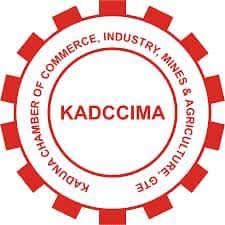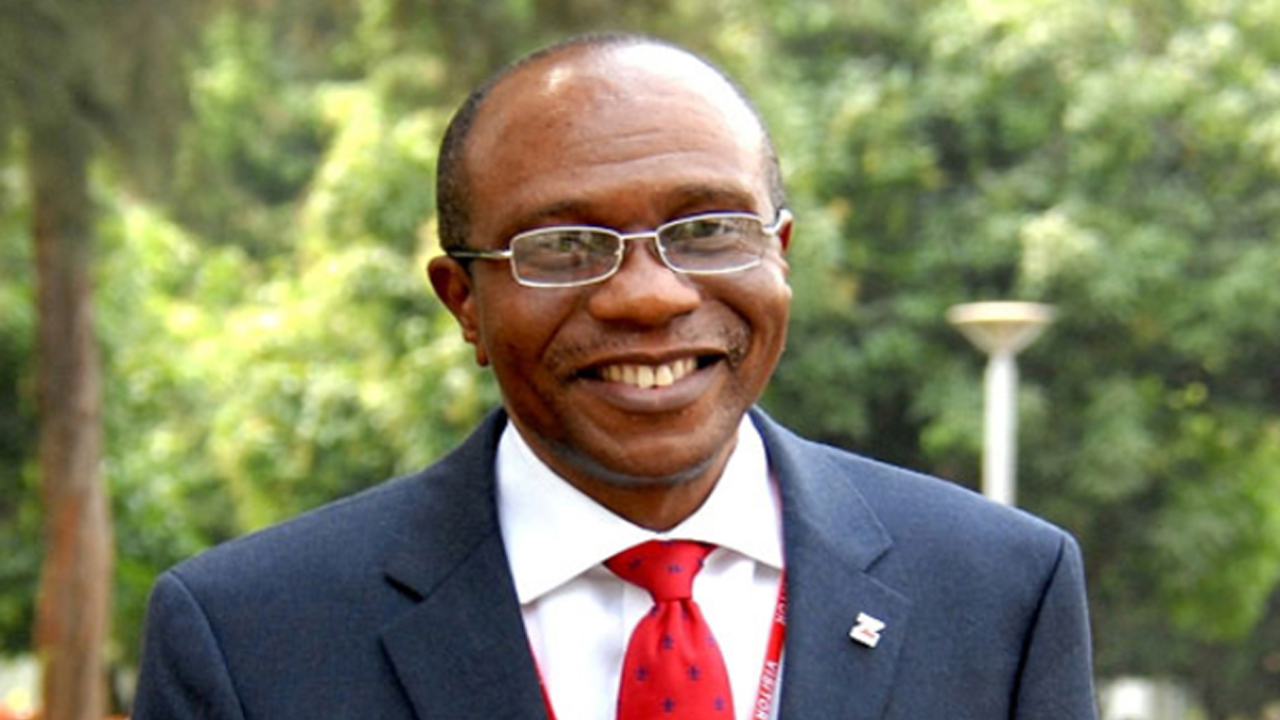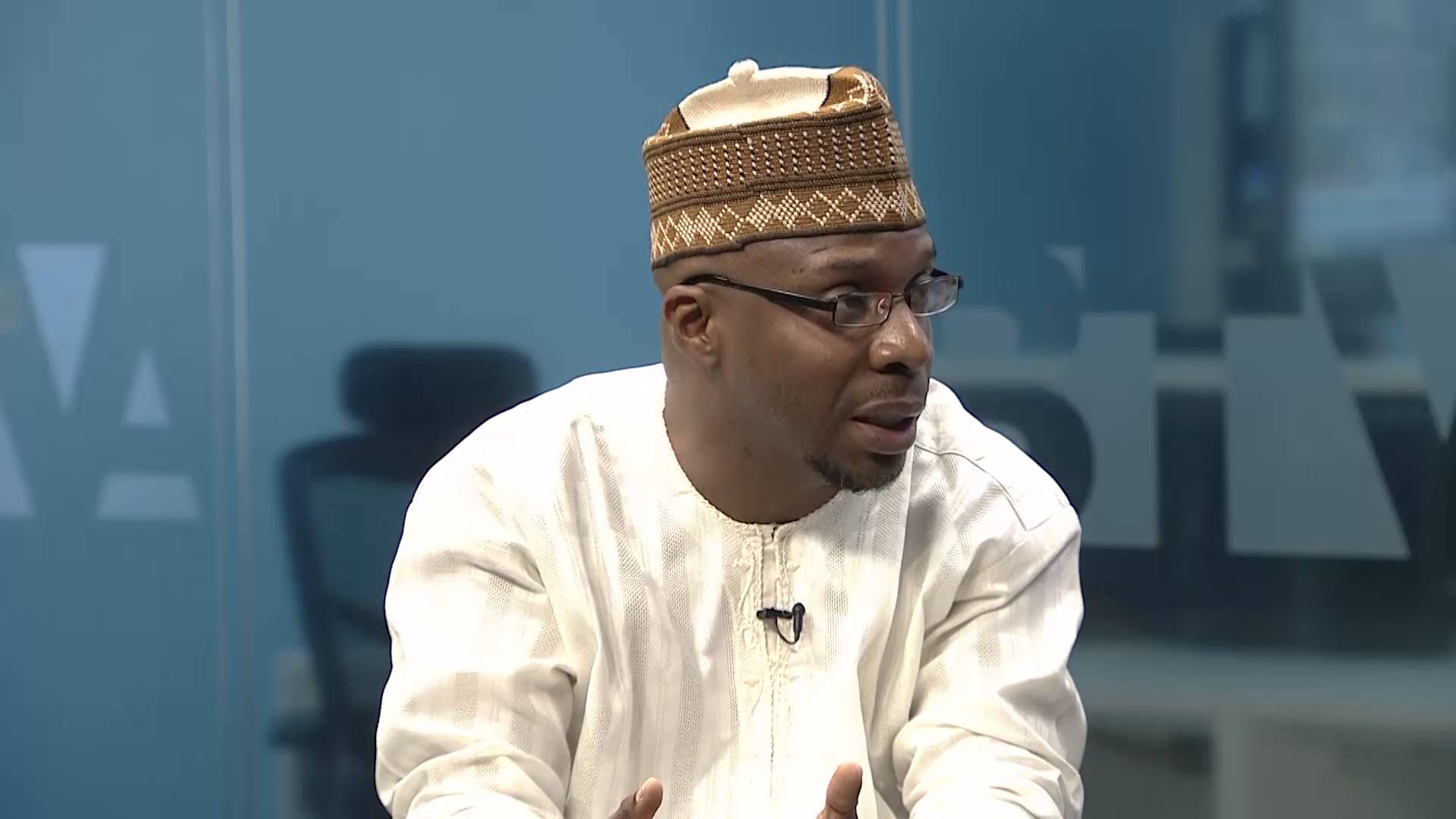The President, Kaduna Chamber of Commerce, Industry, Mines and Agriculture (KADCCIMA), Mr Ishaya Idi, has called on the Federal Government to urgently address the problems bedevilling the country’s manufacturing sector.
Idi’s call is contained in a statement he issued in Kaduna on Monday.
He was reacting to the plan to relocate some departments of the Central Bank of Nigeria (CBN) and the Federal Airports Authority of Nigeria from Abuja to Lagos.
He stated: ”Priority should be given to revamping the manufacturing sector, such as automobiles, automotive, agro-allied industries, cotton and textile value chain and other areas in which we have competitive advantage to produce for both local consumption and export.
”We noticed with great concern the recent development in the country in respect of the directives by the Federal Government to relocate some departments of the CBN and some parastatals in the Ministry of Aviation from the FCT to Lagos.
”We see no tangible reasons to support this development as it does not provide any immediate economic advantage to the country.
”We are of the view that Abuja, being the capital of Nigeria, should be made to remain so with all the necessary institutions that will make it function as such.
”The reason(s) advanced for the relocation would rather undermine the status of Abuja as the nation’s Federal Capital Territory.”
Idi advised that rather than relocate the institutions and departments, the government should concentrate on the provision of more infrastructure in the FCT, considering the phenomenal rate of growth of the city as one of the fastest in the world.
”Apart from the huge expenditures to be incurred for the exercise, there is a lot of emotional distress and dislocation on the part of the civil servants that would be affected.
”In addition, the envisaged humongous amount of money the relocation will gulp could be used to fund impactful projects.
”What we need now are clear policies and steps to revisit areas that gulp the nation’s dwindling foreign exchange.
”Furthermore, the present administration should concern itself with addressing current economic problems as they continue to bedevil our nation in various areas.
“In addition, high cost of living, widespread poverty, pervasive insecurity, unemployment and continuous fall of the naira against major currencies should be government’s priority,” the KADCCIMA boss added.
He also advised the Federal Government to always promote and roll out policies that would unite Nigerians rather than polarise them.
CBN has announced plans to relocate some of its critical line departments, such as Banking and Supervision, Other Financial Institutions Supervision, Consumer Protection, Payment System Management and Financial Policy Regulations to Lagos.
The Minister of Aviation, Festus Keyamo, has directed that the agency’s headquarters be relocated from Abuja to Lagos.



